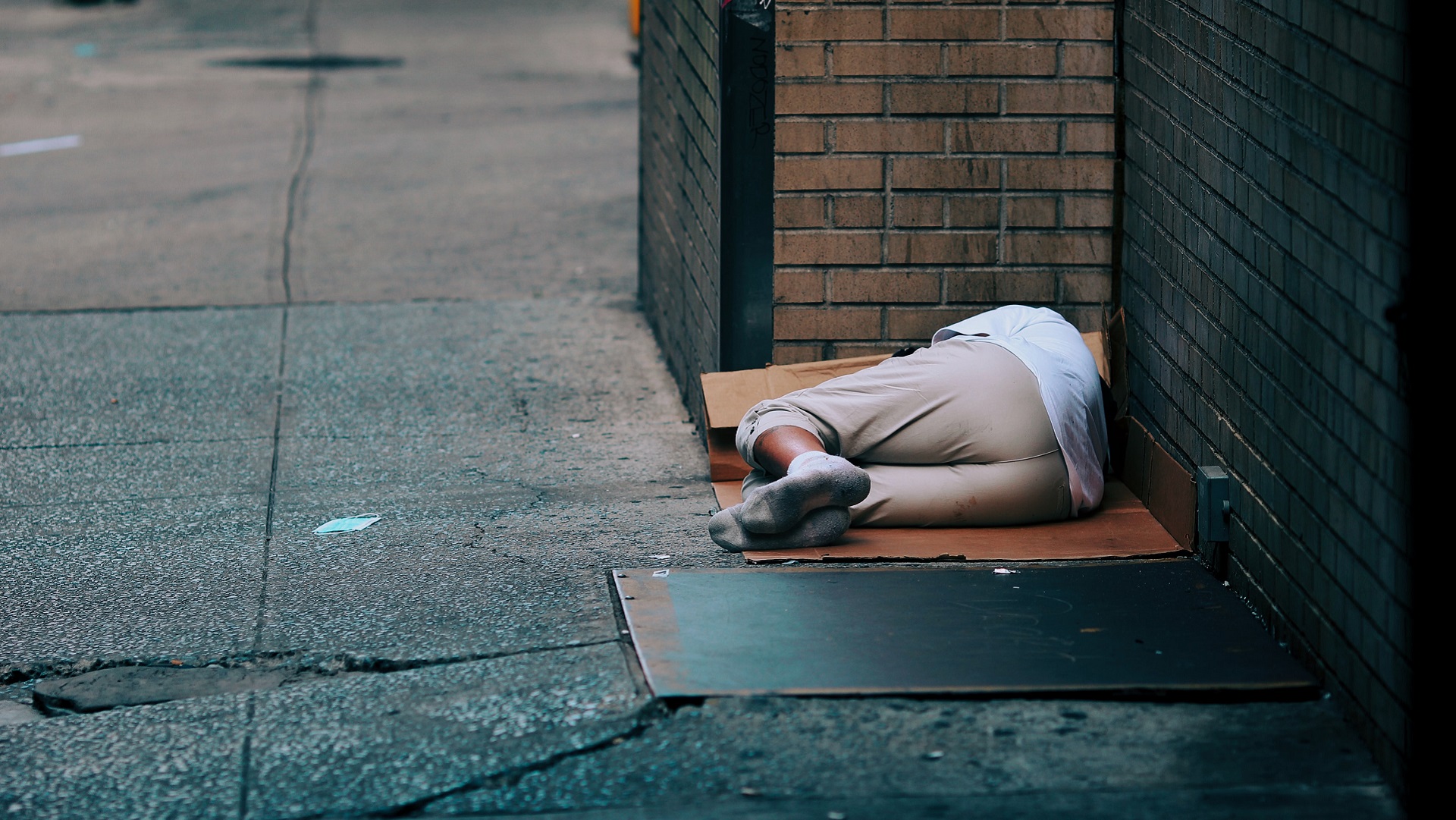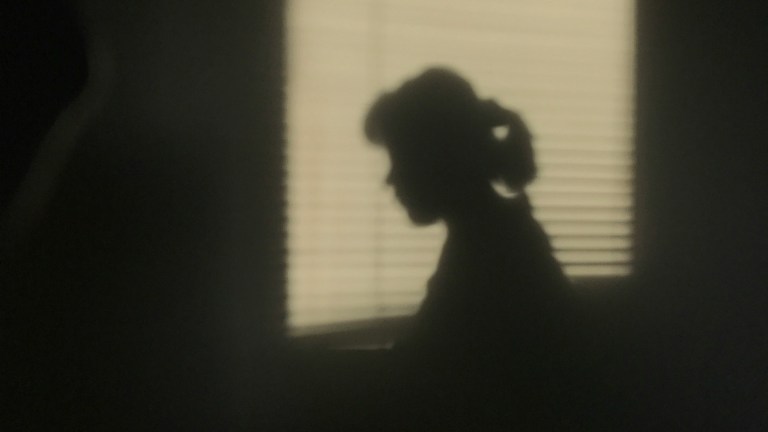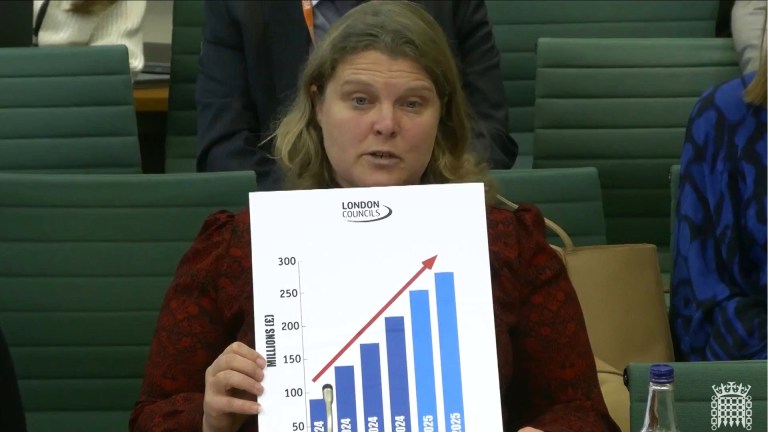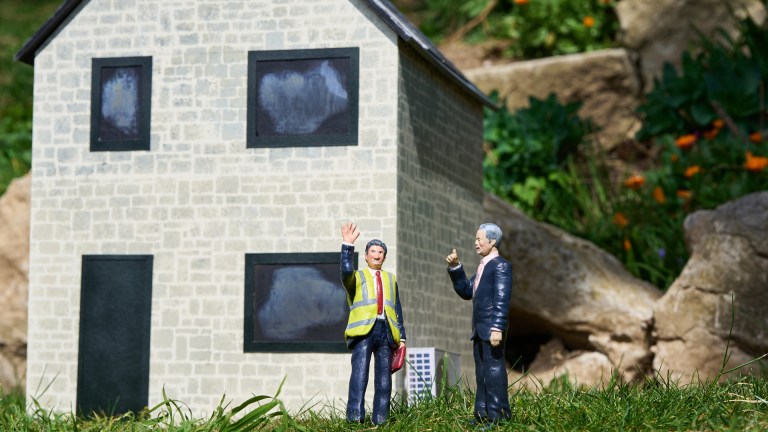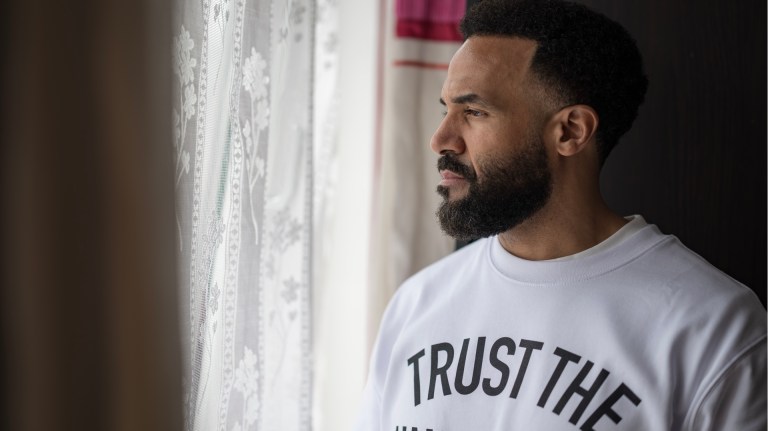In the report, ONS described the “rich variety” of statistics on rough sleeping in the UK.
But the different sources of information made it difficult to compare between nations, the statisticians noted. This has been particularly evident during the pandemic with England counting rough sleepers on one night in autumn as usual while Wales suspended its count in 2020. Scotland does not count rough sleeping through the same method.
Statisticians also said some figures can appear to be contradictory. For example, official rough sleeping snapshot figures and management information in England showed a steep decline in rough sleeping during the pandemic. But people recorded as sleeping rough in statutory homelessness statistics increased in 2020.
However, some trends were consistent throughout. ONS were able to confirm a rough sleeping peak in 2017 and 2018 before a decline in 2020 and the ratio of men sleeping rough compared to women in the UK was six to one.
The report stated: “In each country in the UK, different data sources are developed, and approaches are undertaken, to produce statistics to measure and understand rough sleeping. This is because devolved policies on rough sleeping and homelessness vary and each department or devolved administration is responsible for producing statistics that meet their national needs.
Advertising helps fund Big Issue’s mission to end poverty
“As a result, it is difficult to build a UK-wide picture of rough sleeping as the statistics are not directly comparable.”
Rough sleeping statistics have faced questions over their accuracy in recent years. The single-night count or estimate system used in England was queried in February 2021 when Lucy Abraham, chief executive of London homelessness charity Glass Door, told The Big Issue the figures are “essentially a best guess”.
The Office for Statistics Regulation has also scrutinised the official figures. The OSR “expressed concerns about potential risks to their quality and comparability” and described the statistics as “limited in detail” in 2019.
The UK government has faced calls to lay out its plan to end rough sleeping by 2024 with charities warning it will be difficult to achieve the objective without a clear idea of how many people are living on the streets.
Let’s put our arms around the homeless. If we decant them onto the streets it will be a mockery of our democracy
Lord John Bird, Big Issue founder
Advertising helps fund Big Issue’s mission to end poverty
A Public Accounts Committee report in March urged ministers to reveal its plan citing the discrepancy between the 4,288 people counted in the official rough sleeping count and the management information on the 37,430 people supported through the Everyone In scheme as of January 2021.
Matt Downie, director of policy and external affairs at homelessness charity Crisis, echoed the need for a clear long-term UK government plan on ending rough sleeping beyond the pandemic. Devolved administrations in Scotland and Wales have laid out their long-term plans.
“The drop in the numbers of people sleeping on our streets, including record lows in some cities, over the last year has been brilliant to see – lives have undoubtedly been saved due to the emergency measures brought in,” he said.
“But what we do know is that the most recent statistics underestimate the true scale of the issue. Without long-term action, we risk seeing thousands of people forced back on to our streets or pushed into homelessness for the first time as protections for renters have been removed and hotels start returning to normal business.”
The UK government has described its work to prevent rough sleeping and homelessness through the pandemic as “unprecedented”. A spokesperson told The Big Issue: “The Government has made clear that no one should be without a roof over their head. We have provided unprecedented funding to tackle homelessness and rough sleeping, committing over £750 million this year.”
Now there are increasing calls for the UK government to ensure 2020’s rough sleeping decline is maintained.
Advertising helps fund Big Issue’s mission to end poverty
Lord John Bird, founder of The Big Issue, said the Everyone In scheme “undoubtedly saved lives but it also exposed the shocking scale of rough sleeping in this country”.
Lord Bird added: “Let’s put our arms around the homeless. If we decant them onto the streets it will be a mockery of our democracy and it will be a mockery of what we’ve been through when we’ve seen so many people pull together for the benefit of us all.
“Putting an end to homelessness means making structural changes which will prevent vulnerable people from falling through the cracks for years to come – which is exactly what my Future Generations Bill aims to do, putting a focus on creating sustainable policies now to benefit those who come after us.”
